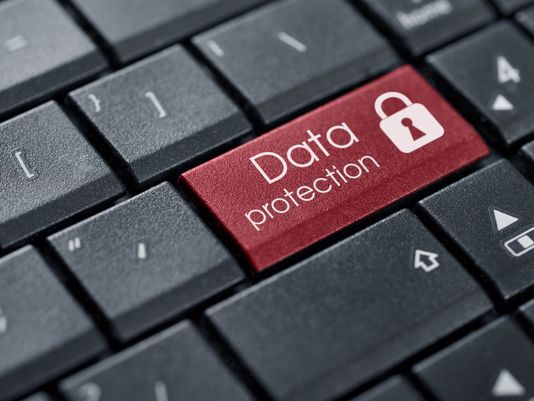Author: Steve Weisman / Source: USA TODAY
Identity theft is a huge problem. In 2015 alone, more than 13 million Americans became victims of at a cost of $15 billion, according to Javelin Strategy & Research,
But the problems caused by identity theft go far beyond the money directly lost to criminal identity theft. Identity theft can affect the victim’s ability to get a job, rent an apartment, buy insurance, get a mortgage or get a car loan.
When a criminal steals someone’s identity and commits crimes using that person’s name, it can result in the victim being arrested instead And in medical identity theft, when someone’s medical insurance is used by an identity thief, the records of the victim become corrupted which can even result in the identity theft victim receiving a blood transfusion of the wrong blood type.
So what can you do to protect yourself?
Many turn to identity theft service providers. It’s a market worth $3 billion, according to the research firm IBISWorld. According to the Government Accountability Office, about 50 to 60 companies provide these services.
But do they work? That was the question posed in a recent GAO study. Its report described four types of identity theft services — credit monitoring, identity monitoring, identity restoration and identity theft insurance.
Credit monitoring involves regularly checking credit reports for indications of fraud. Identity monitoring is the tracking of personal data on the customer on illicit websites as well as public records. Identity restoration services are the assistance provided by the identity theft service companies to their customers to recover from identity theft, and identity theft insurance provides reimbursement for costs related to the process of legally restoring a person’s identity.
Policies and coverage provided by the various companies offering identity theft services, according to the GAO, can vary considerably, with costs ranging from $5 per month to as much as $30 per month.
The most common feature of all identity theft service policies is credit monitoring at one or all of the three major credit bureaus, Equifax, TransUnion and Experian. It should be noted that credit monitoring does nothing to prevent identity theft. Rather, it makes the victim aware of any such problem. This is…
Click here to read more

















